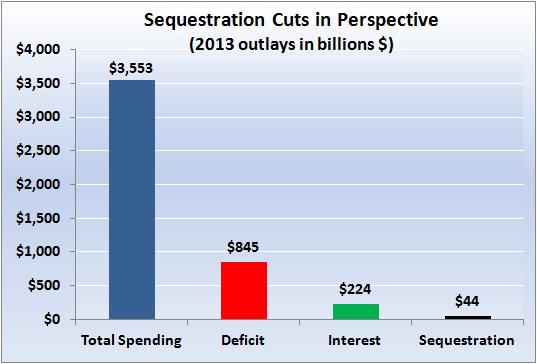
On February 15th, state officials and the Environmental Protection Agency resolved their long running dispute over the regulation of haze-causing emissions from the San Juan Generating Station, an 1,800 megawatt coal-fired power plant near Farmington that is operated by PNM resources.
As a result of the proposed settlement, EPA got what it wanted, and PNM reaped a windfall. Indeed, the only losers were the state’s electricity ratepayers: They’re on the hook for almost $400 million, in order to achieve dubious environmental benefits.
At issue is a Clean Air Act regulation known as Regional Haze, the purpose of which is to improve the view at national parks. Before last Friday’s settlement, the parties had disagreed what Regional Haze controls were appropriate for the San Juan Generating Station. In July 2011, state officials proposed a plan for the power plant that would cost PNM ratepayers $36 million. A month later, EPA imposed a Regional Haze plan that would cost an estimated $375 million.
New Mexico then sued EPA. In the spring of 2012, state officials initiated negotiations with EPA and PNM, in an attempt to reach a settlement in lieu of litigation. Last Friday’s announcement was the culmination of those negotiations.
The proposed deal would shutter two of the San Juan Generating Station’s boilers, totaling almost 770 megawatts of electricity capacity. This generation would be replaced with a new 150 – 200 megawatt natural gas plant. The state’s preferred Regional Haze controls would be retrofitted onto the remaining two boilers. According to PNM, the plan would cost $400 to $430 million.
So who won and who lost?
PNM is the big winner. Utilities always have an incentive to make large capital expenditures, because doing so increases the rate base on which they earn a guaranteed return. Thanks to the proposed settlement, PNM gets to build an expensive new natural gas plant, and it will earn about 10% in guaranteed profits for every dollar it spends.
EPA won, too. The San Juan Generating Station becomes the latest casualty in the agency’s war on coal. In 2008, then-Senator Barack Obama told the San Francisco Chronicle editorial board that he would “bankrupt” the coal industry, if elected. Now, EPA is executing the President’s campaign promise. Notably, former EPA Region 6 administrator Al Armendariz, who was responsible for the Regional Haze federal plan imposed on the San Juan Generating Station, now works at Sierra Club’s ‘Beyond Coal’ campaign.
New Mexico, on the other hand, lost big. Truth be told, it is unclear what state officials were thinking. New Mexico originally objected to EPA’s Regional Haze plan because it cost an order of magnitude more than the state’s plan. (EPA’s plan cost $375 million; New Mexico’s plan cost $36 million.) Yet state officials negotiated an alternative agreement that cost at least $400 million—i.e., it is more expensive than the draconian regulation it replaces.
New Mexico’s bargaining strategy is all the more perplexing in light of the fact that state was in a great position to beat the EPA in court. Because Regional Haze is an aesthetic regulation—rather than a public health measure—the Congress wanted the states to be the lead decision makers. As articulated by the D.C. Circuit Court of Appeals, “states…play the lead role in designing and implementing Regional Haze programs.” Given the unique primacy accorded to states on visibility policy by the law, EPA’s decision to impose a federal Regional Haze plan rested on shaky legal grounds.
New Mexico’s lawsuit was further bolstered by the absence of an appreciable environmental benefit attendant to EPA’s Regional Haze plan. According to peer reviewed research, there is only a a 35 percent chance that the average person could perceive the “improvement” in visibility achieved by EPA’s controls over the state’s measure.
In abandoning promising litigation and instead adopting last week’s announced settlement, state officials appear to have snatched defeat from the jaws of victory.
William Yeatman is an energy policy analyst at the Competitive Enterprise Institute, a free market think tank in Washington, D.C.




